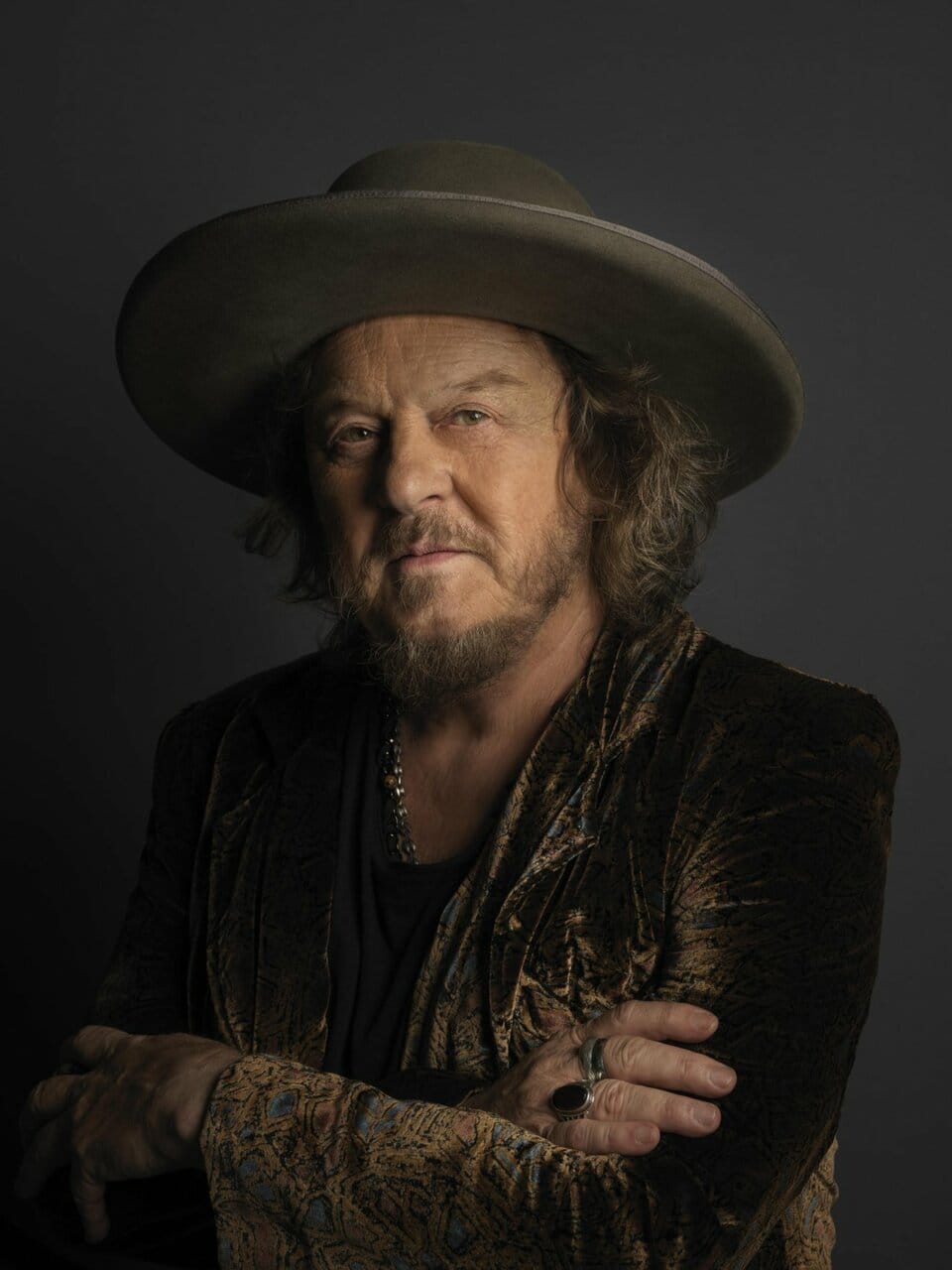Zucchero didn’t just bring the blues to Italy – he made it speak Italian. Often hailed as the “father of Italian blues,” he introduced gospel, soul, and rock into the Italian mainstream , forging a passionate new sound. His music effortlessly swings between funky R&B boogie and heartfelt Italian ballads , all delivered with a gravelly voice full of la dolce vita swagger and raw emotion. Over a four-decade career that has seen him sell over 60 million records worldwide , Zucchero stands as one of the few European bluesmen to achieve truly global fame.
Born Adelmo Fornaciari in rural Emilia-Romagna, he earned the nickname “Zucchero” (Italian for sugar) from a school teacher – a fitting moniker for an artist who would add sweetness to the blues . As a 12-year-old choir boy, he fell in love with American soul music after a friend played him Otis Redding’s “(Sittin’ On) The Dock of the Bay”, sparking a lifelong fascination with Rhythm & Blues . By his teens he was jamming on Ray Charles and Marvin Gaye tunes and writing his own songs, determined to blend those “black music” influences with the melodies of his Italian heritage . Skeptics abounded – early on, record executives told him that his bluesy style “will never work in Italy” and urged him to stick to traditional pop. But Zucchero’s artistic vision proved stronger. He honed his craft on a pilgrimage to San Francisco in the mid-’80s , soaking up inspiration, and returned home ready to defy expectations.
That defiance paid off. Zucchero’s 1987 album Blue’s became the best-selling album in Italian history, until he topped himself with 1989’s Oro Incenso & Birra . Suddenly, his raspy blues anthems were national treasures. In the early ’90s, he broke onto the international scene with songs that transcended language: the gospel-tinged ballad “Diamante” and the sultry stomp “Baila (Sexy Thing)” became radio staples, and his duet “Senza una donna” (Without a Woman) with British singer Paul Young turned into a worldwide hit . These tracks proved that an Italian heart could beat to an American blues rhythm and still touch millions. By this time, Zucchero had become Italy’s unofficial musical ambassador, spreading soulful vibes beyond the peninsula.
Crucial to Zucchero’s mystique is his gift for collaboration. He has built a career out of memorable duets and cross-genre partnerships, showing that music truly knows no borders. In 1992, opera legend Luciano Pavarotti invited Zucchero to co-write and perform the genre-blending hymn “Miserere,” a song that paired Zucchero’s bluesy grit with Pavarotti’s soaring tenor. Not long after, Miles Davis was dining in Italy when he heard Zucchero’s moody blues ballad “Dune Mosse” on the speakers – the jazz icon was so captivated that he tracked Zucchero down and volunteered to play on the track . Around the same time, rock guitar god Eric Clapton caught one of Zucchero’s live shows and promptly asked him to open his arena tour . From that point on, Zucchero seemed to be on a first-name basis with music royalty. He’s traded verses and guitar licks with B.B. King and John Lee Hooker, harmonized with Sting and Bono, and even shared stages with classical stars like Andrea Bocelli . Each collaboration – whether with a blues legend, a pop star, or a tenor – highlighted the universality of Zucchero’s art.
After dozens of albums and countless concerts, Zucchero remains a creative force, his core identity unchanged. Dressed in his signature fedora and flourishing a mischievous grin, he channels the spirit of the Mississippi Delta through an Italian lens. He has undeniably increased the appetite for blues and soul in his homeland , inspiring younger Italian artists to explore beyond traditional boundaries. And around the world, listeners hear in Zucchero’s music a joyous bridge between cultures – the lament of the blues intertwined with the romance of Italian canzone. For Le Bib, Zucchero’s journey – from small-town dreamer to internationally revered bluesman – underscores the unifying power of music. His legacy is a reminder that when passion and authenticity lead the way, even the most unexpected musical fusions can resonate sweetly across generations.
Lebib Tip: Zucchero plays 24 events in the Verona Arena, startingon September 22.09.2025.

